- Home
- Bell Food Group
- History
Our history
The Bell Food Group is one of the leading meat and convenience processors in Europe. With brands such as Bell, Hubers, Eisberg, Hilcona, Hügli and other specialty brands, the Group covers a wide range of customer needs. The roots of our company go back to 1869, when Samuel Bell opened his first butcher's shop in the center of Basel.
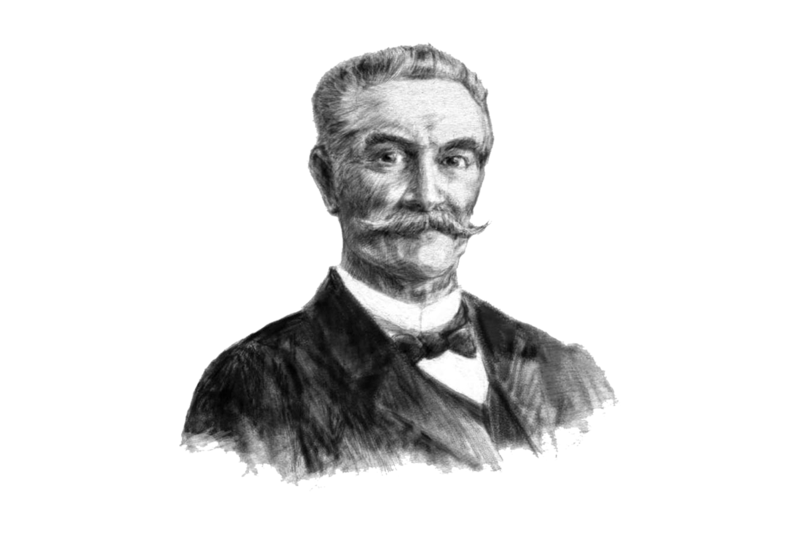
1869
Samuel Bell opens his "Ochsenmetzg" in the city center of Basel at Streitgasse 13, laying the foundation for the success story of Switzerland's largest butcher's shop and today's Bell Food Group.
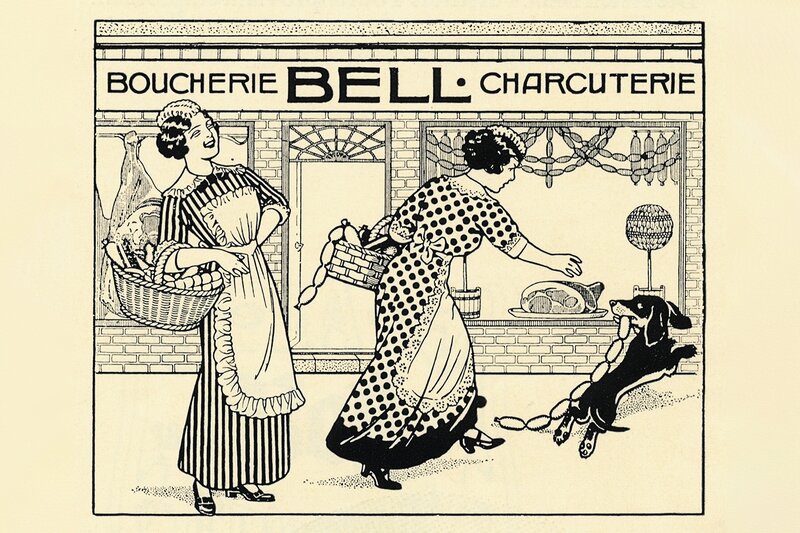
1897
Samuel Bell opens his first charcuterie store, which is made possible thanks to the training of his youngest son Rudolf Bell in charcuteries in Colmar and other European cities such as Paris, Berlin, London, Munich and Stuttgart. Bell opens its first branch at Spalenberg 13 in Basel as early as 1890.
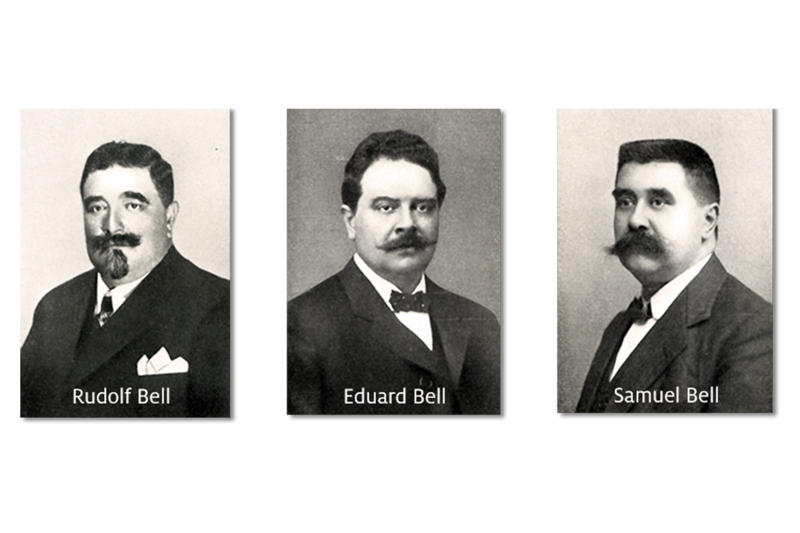
1899
Samuel Bell, together with his sons Eduard, Samuel Jr. and Rudolf, founds the general partnership Samuel Bell Sons, which is converted into a public limited company in 1907 and renamed Bell Ltd in 1912.
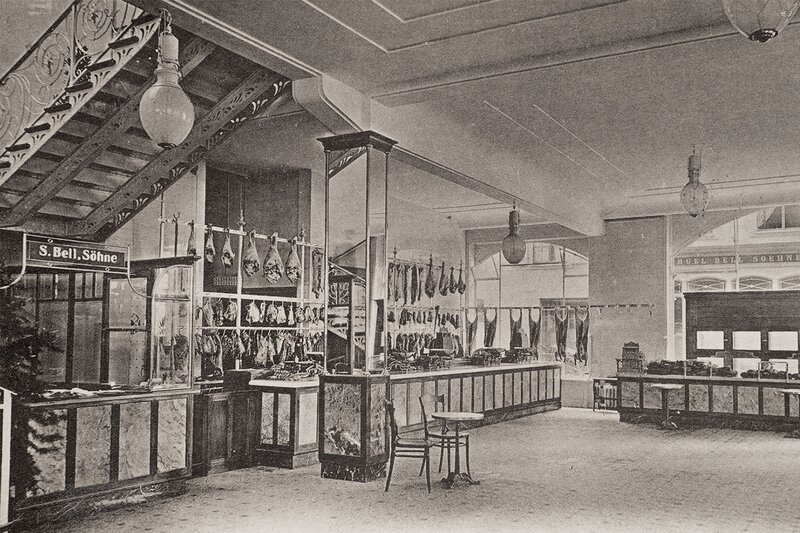
1906
Bell opens the Central-Hallen in Basel, the first "shopping center" in Basel, Switzerland and probably Europe. On around 400 square meters, the butcher's shop Samuel Bell Söhne, the greengrocer Ernst Dreyfus, the grocer Preiswerk Söhne, the cheese company Oesterlin & Cie, the bakery Singer, the florist Wilhelm Schneider and the drugstore and drinks company Sengelet & Cie offer a wide range of goods.
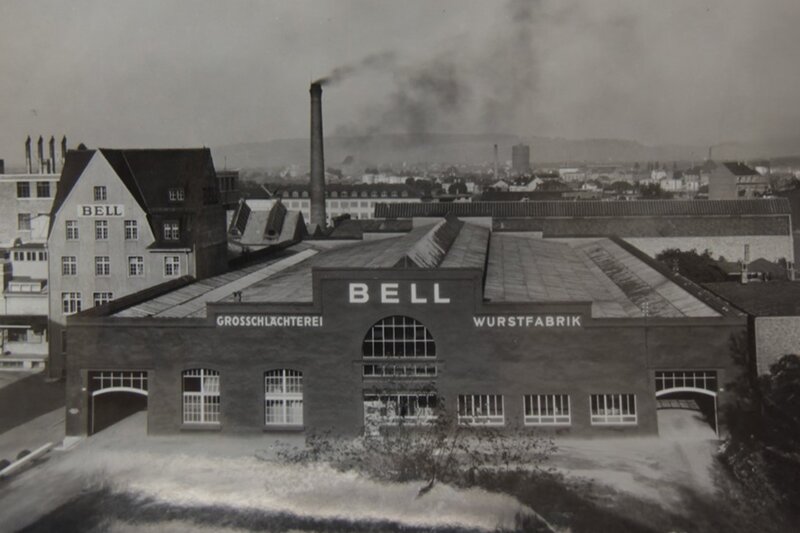
1908
Bell acquires a large site at Elsässerstrasse 174 in Basel in 1907, the current headquarters of the Bell Food Group. The following year, Bell starts producing tinned meat and sausages.
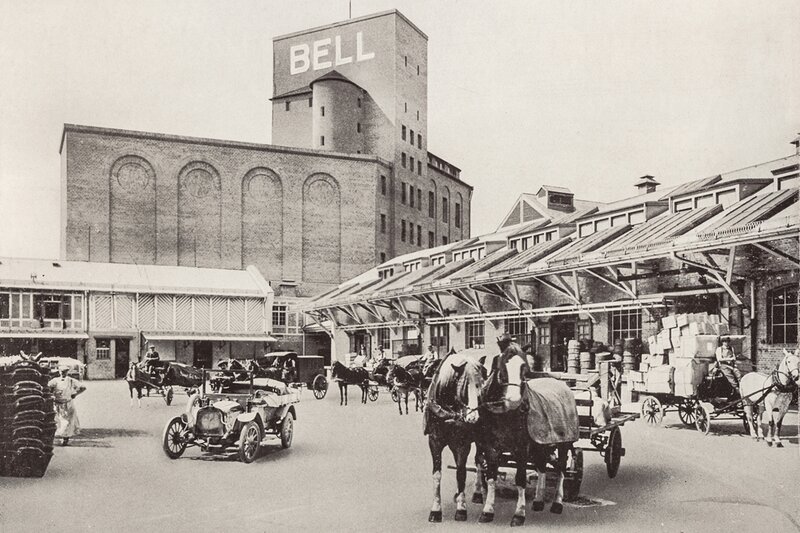
1913
Bell enters into a partnership with the Bell Alliance with the then Verband Schweizerischer Konsumvereine (V.S.K.), which later becomes the Coop Group Cooperative.
Bell opens the new cold store on Elsässerstrasse with the striking 40-metre-high Bell Tower.
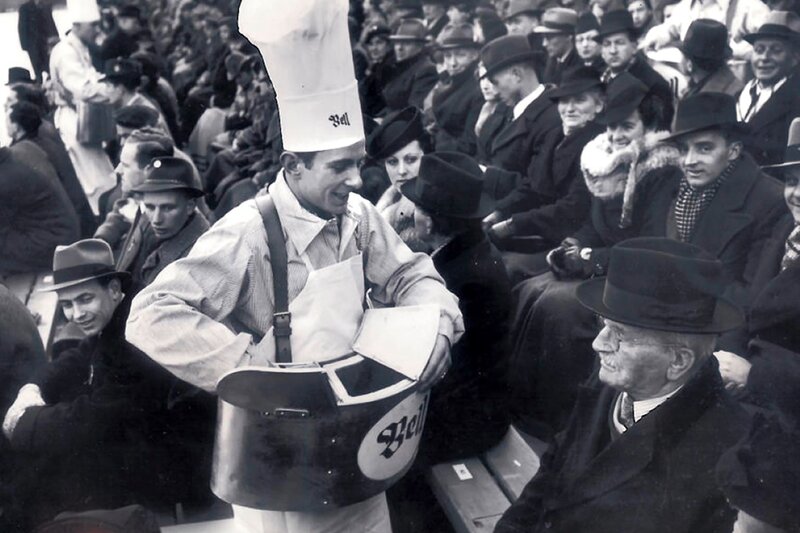
1924
Bell launches the Bell sausage at the Basel carnival, which is still produced today
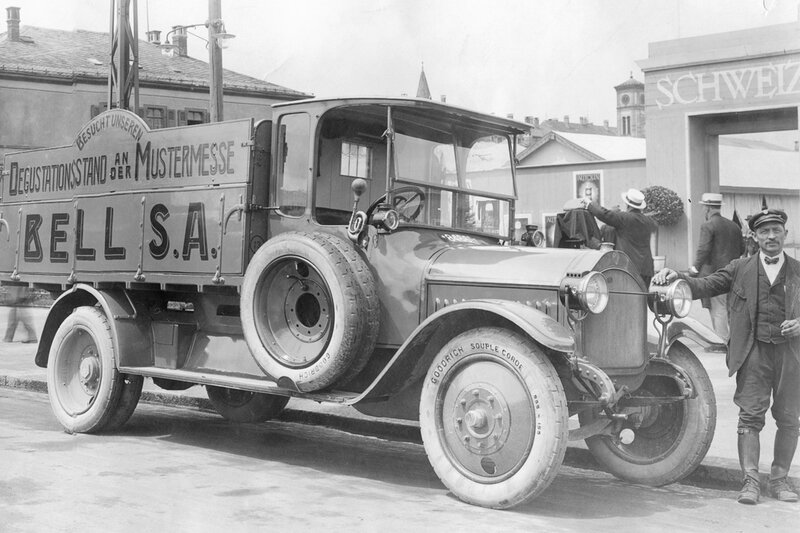
1933
Bell founds the Bell Pension Fund, one of the first in Switzerland. As early as 1910, the first collective employment contract was concluded for the staff of Samuel Bell Söhne AG, regulating not only remuneration but also working hours, vacation entitlements and wage compensation payments in the event of accidents, illness, military service and important family events. Bell is thus a pioneer for social security and modern working conditions in Switzerland.
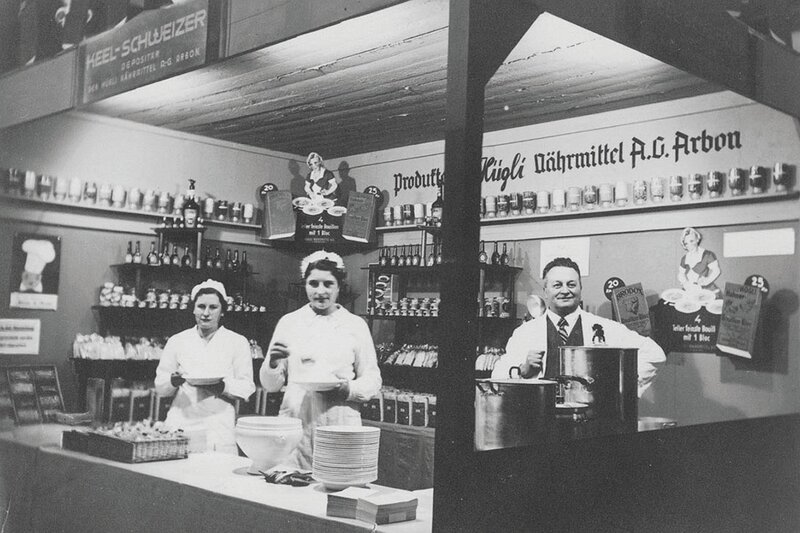
1935
The textile entrepreneur Beat Stoffel founds Hügli Nährmittel AG for out-of-home catering (now Food Service) in Arbon (CH). The company is named after the first plant manager and product developer Otto Hügli.
Hügli is the largest European supplier of long-life convenience products such as soups, sauces, bouillons, seasonings, functional foods, desserts, ready meals and delicatessen specialties. It has been part of the Bell Food Group since 2018.
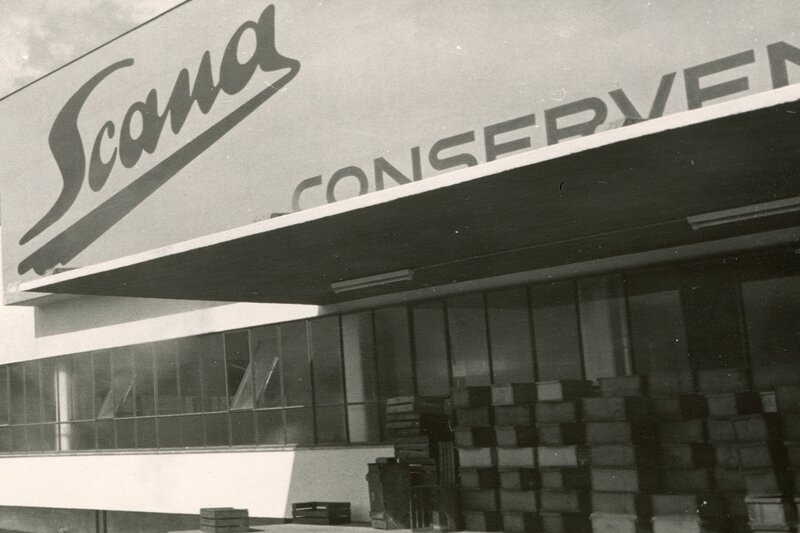
1935
Toni Hilti founds a canning company in Schaan (FL) on December 9, 1935 and lays the foundation for Hilcona. Production of hand-processed canned peas began as early as 1936 - an urgently needed product at a time when there were no refrigeration facilities available throughout the country.
Hilcona is a manufacturer of fresh, frozen and long-life convenience products such as fresh meals, various pasta creations, sandwiches, pizzas, canned food and numerous other products. Hilcona has been part of the Bell Food Group since 2017.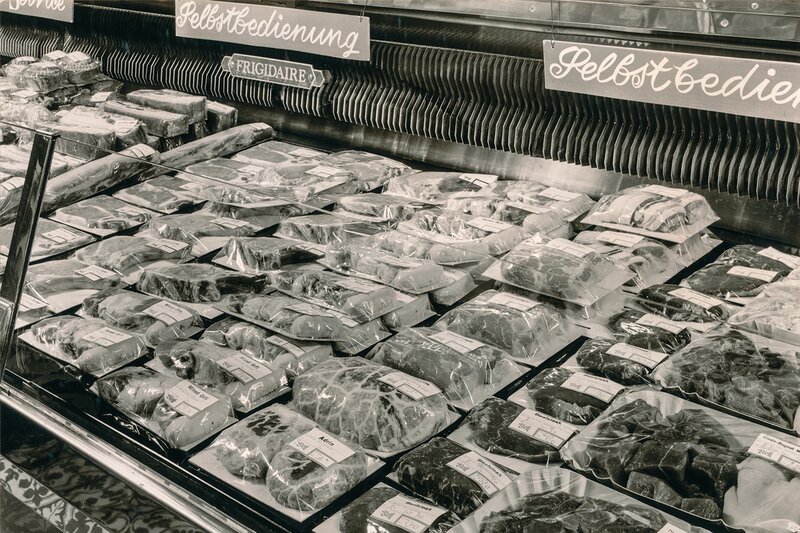
1938
With the launch of the new Traiteur department, Bell is ushering in the convenience and take-away age.
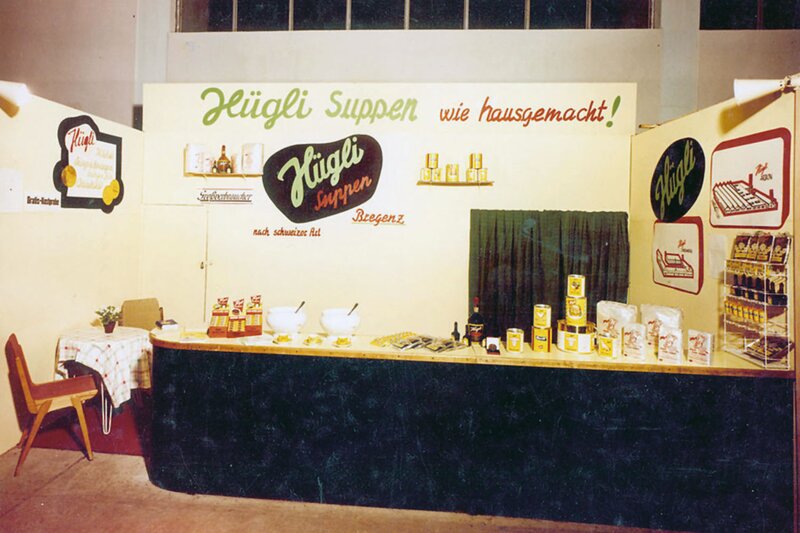
1959
Hügli Austria is founded in Bregenz, Hügli's first company outside Switzerland.
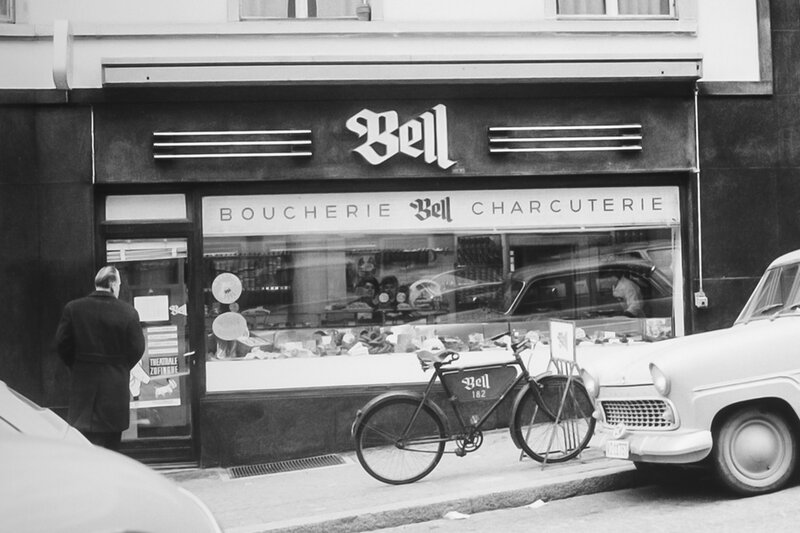
1961
1961 saw the highest number of company-owned sales outlets in the company's history: the Bell network had 172 branches that year. However, a new trend was already emerging at that time. From 1959, independent butchery departments were approved by the Federal Meat Inspectorate for the first time in the emerging supermarkets.
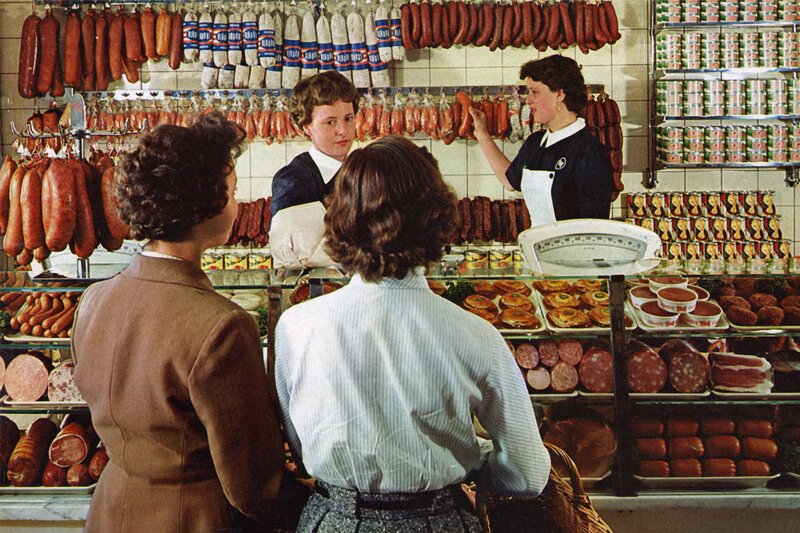
1963
With its nationwide availability in over 170 Bell stores, the triumphant advance of fondue chinoise begins. Bell revolutionizes Swiss food culture and makes fondue chinoise a popular festive meal.
This innovation is representative of the high innovative strength of the Bell Food Group over many decades and product groups. Today, the Bell Food Group launches over 2'000 new products a year.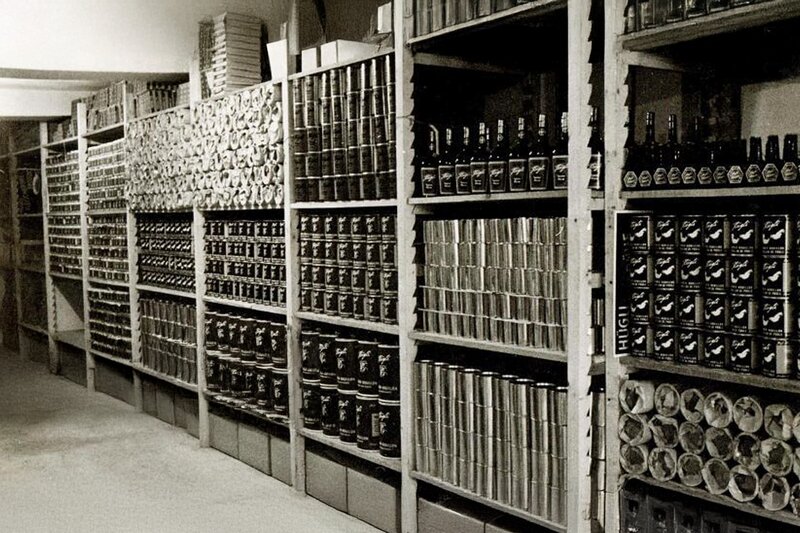
1964
Hügli takes over Radolf Werke in Radolfzell (Germany). With this takeover, Hügli becomes a small group of companies with three locations around Lake Constance.
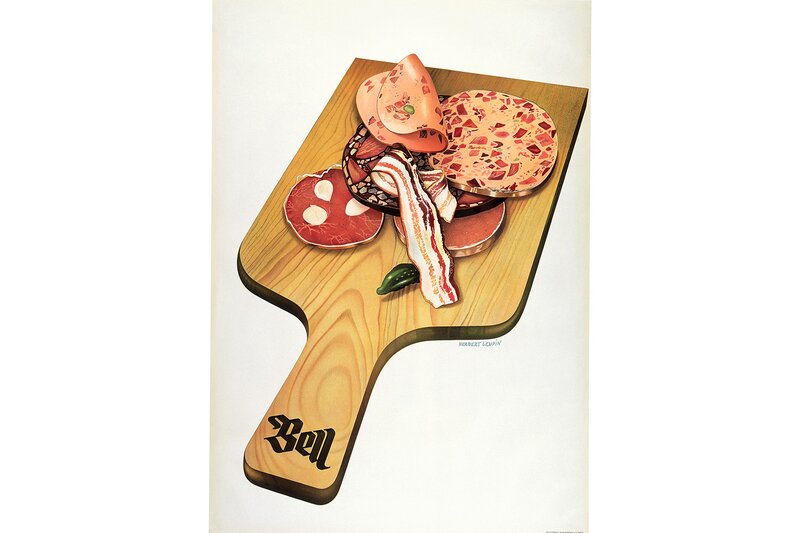
1969
Bell is one of the pioneers of Swiss advertising graphics and can look back with pride on a long poster tradition. Over the past hundred years, Bell has repeatedly attracted attention with style-defining advertising posters. Over many years, the best Swiss graphic designers have repeatedly produced outstanding advertising posters. In particular, the works of the so-called "Basel School" around Donald Brun and Herbert Leupin are highly regarded works of art.
Bell takes over Grieder AG in Oensingen.
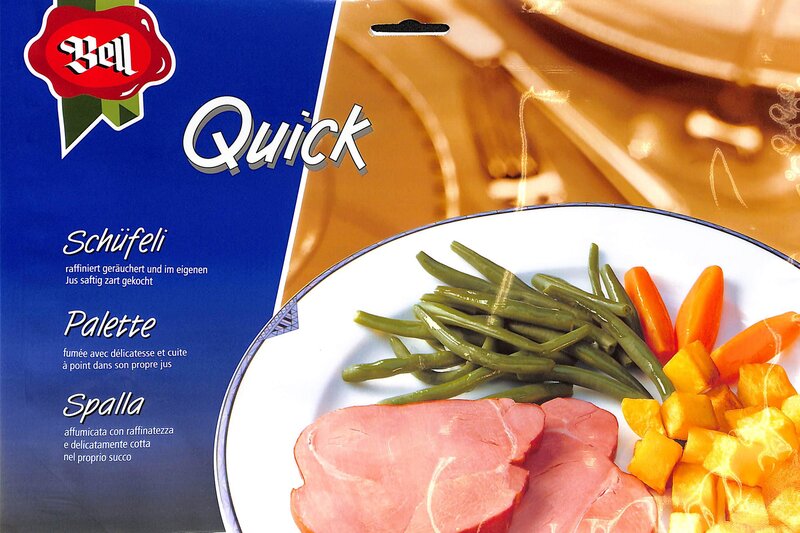
1971
The Bell Quick Schüfeli is launched on the market, Switzerland's first meat convenience product: a meat product that is pre-cooked in a vacuum bag, has a long shelf life and is easy to prepare
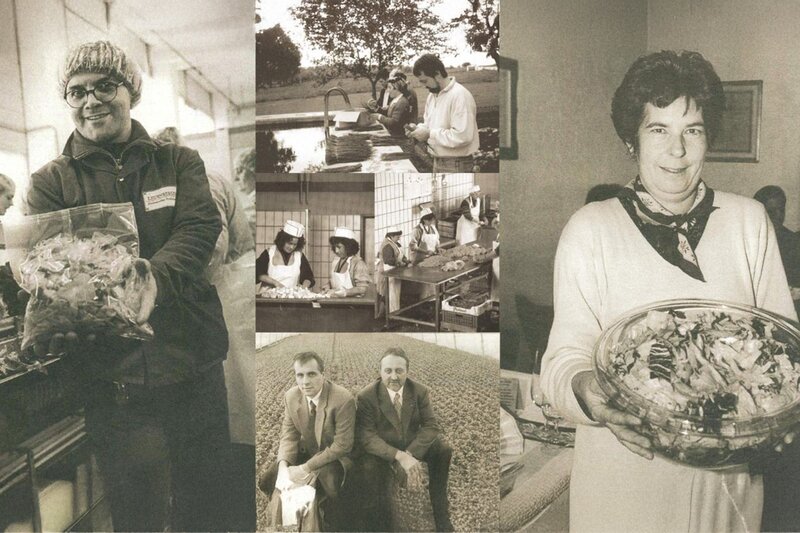
1972
The two vegetable growers Paul Forster and Josef Baumgartner found Gastro Star AG, an innovative company that expands the value chain and the washing and preparation of lettuce.
Gastro Star AG is one of the two predecessors of Eisberg. Eisberg was founded in 1976 and has been part of the Bell Food Group since 2016.
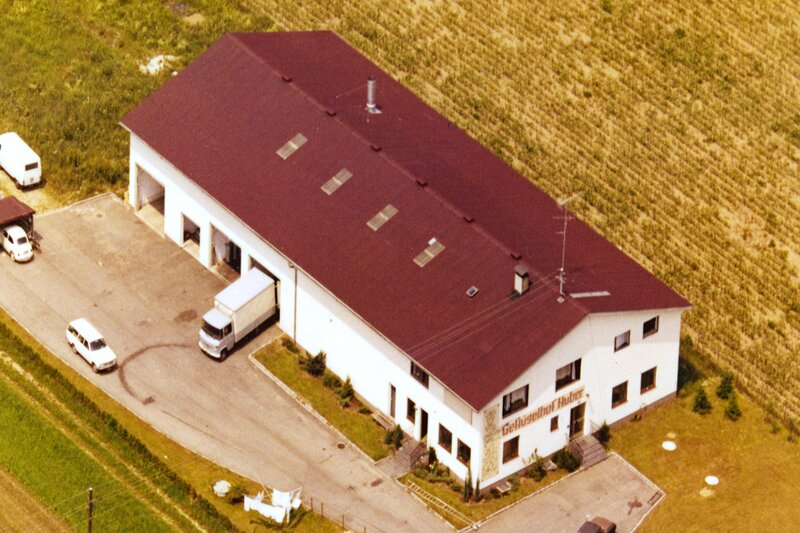
1973
The married couple Maria and Johann Huber found the family business Geflügelhof Huber, a full-service poultry supplier.
Hubers has been part of the Bell Food Group since 2016.
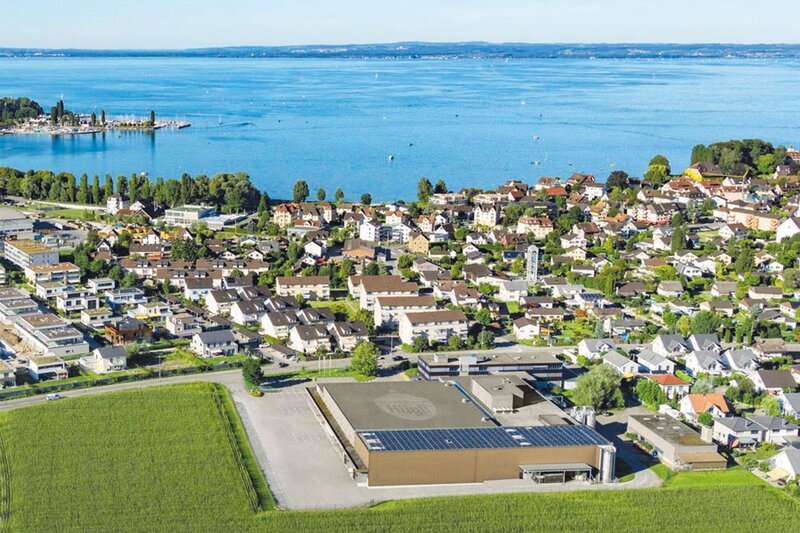
1974
Hügli moves from Arbon to the new site in neighboring Steinach. Steinach thus becomes Hügli's current headquarters.
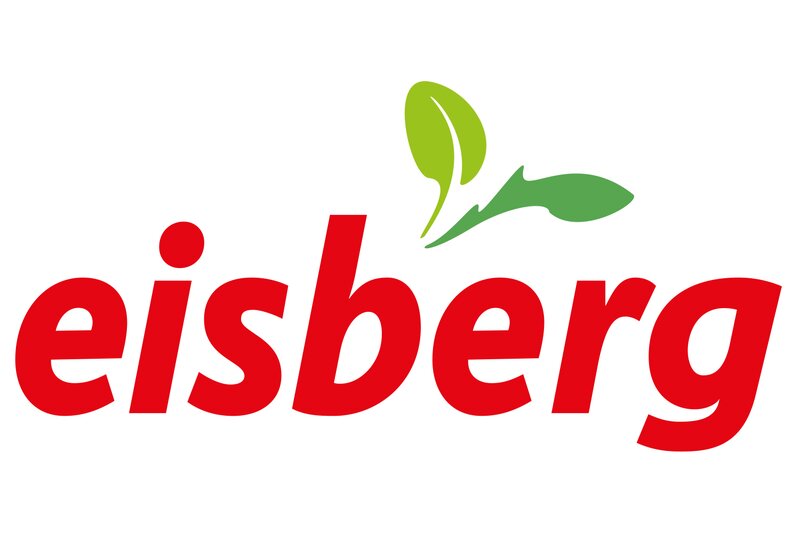
1983
Eisberg was founded in 1983 from a small farm run by the Leuenberger family. On January 1, 2017, Eisberg Switzerland and Gastro Star merged within the Bell Group to form GastroStar AG.
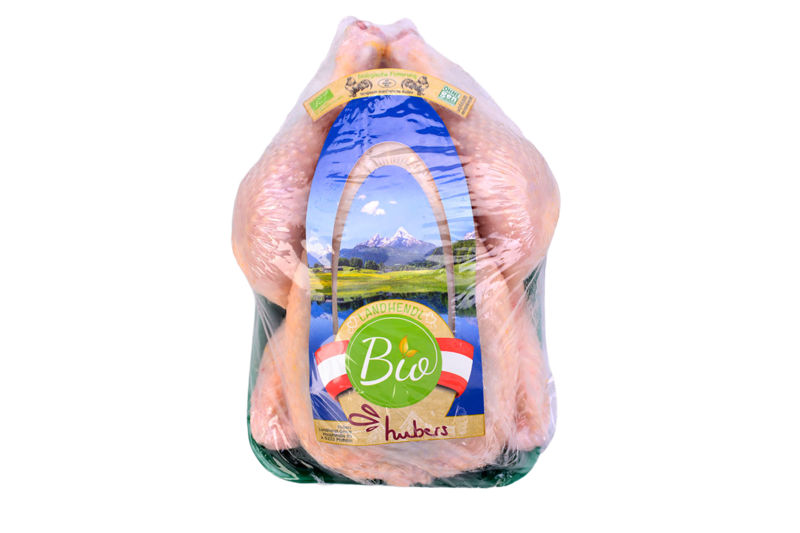
1990
Hubers is the first Austrian company to start producing organic chicken. Today, Hubers is the largest organic producer in Europe.
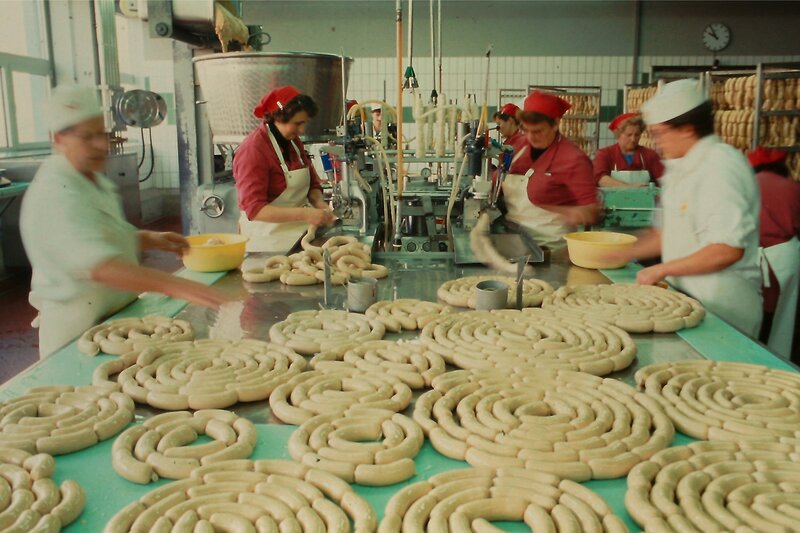
1997
Bell Switzerland is expanding its expertise in the charcuterie sector with the acquisition of Vulliamy SA in French-speaking Switzerland.
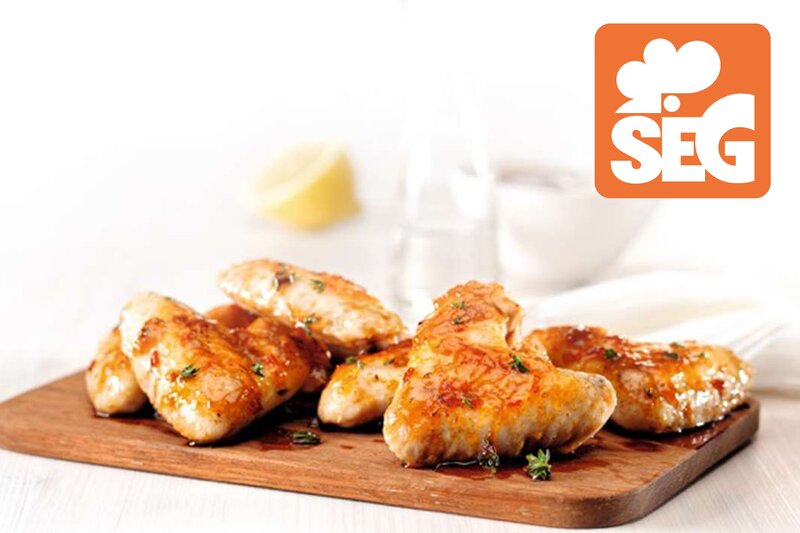
1998
Bell Switzerland is strengthening its position in the poultry market with a stake in SEG-Poulets AG in Zell.
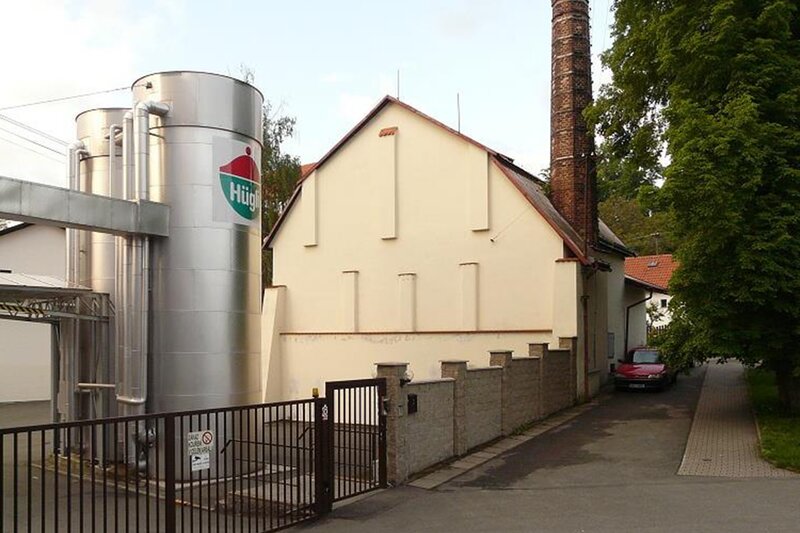
2000
Hügli takes over the Czech company BONITA in Zásmuky. Today, the company focuses on food production in the food service channel.
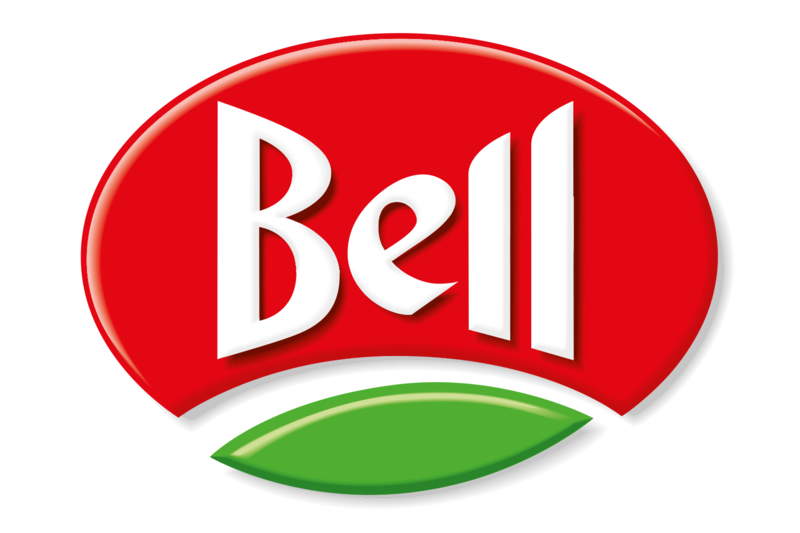
2001
Bell takes over the entire meat production for Coop and the remaining Coop meat centers.
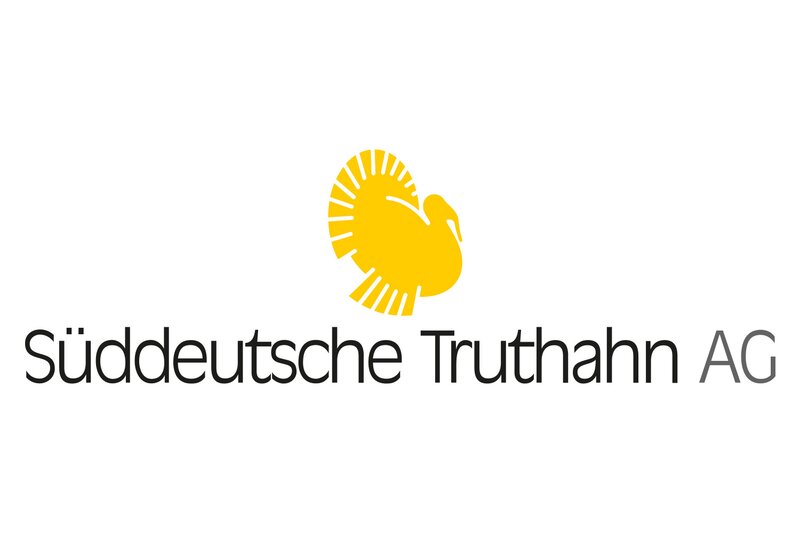
2005
Hubers acquires Süddeutsche Truthahn AG (Sütag), one of the leading German producers of high-quality turkey products.
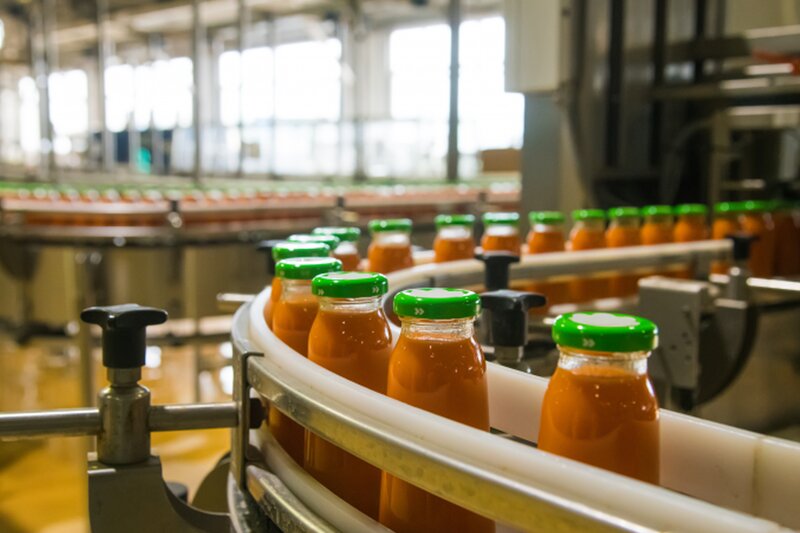
2007
Hügli acquires the Italian company ALI BIG in Brivio. ALI BIG produces authentic ingredients for a little more Italianità in the kitchen: these mainly include products such as antipasti, soups and tomato products.
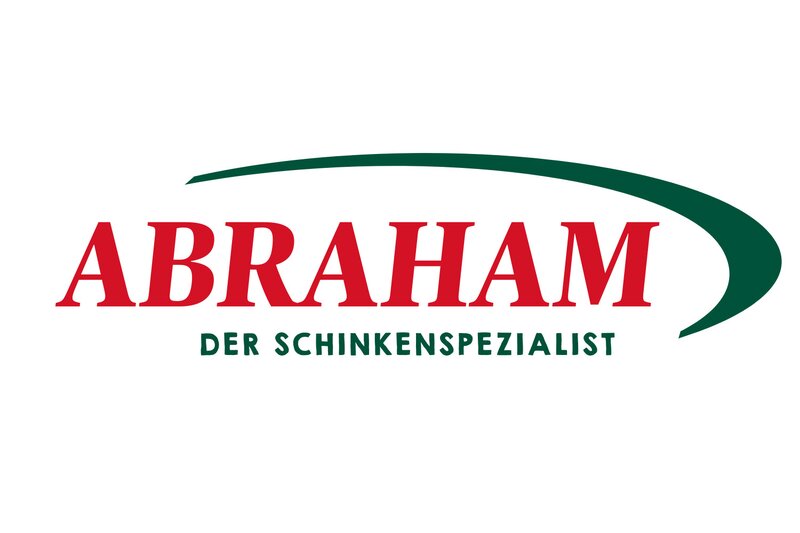
2008
Bell starts internationalization and acquires the companies Polette in France and Zimbo in Germany. At the same time, Bell enters the sausage and ham business and takes over production facilities in Germany (Abraham) and France. Abraham also includes the Spanish "Sanchez Alcaraz" in Casarrubio del Monte (Toledo), which produces first-class Serrano ham.
In 2009, the "Bell International" division is launched, which takes care of the international business.
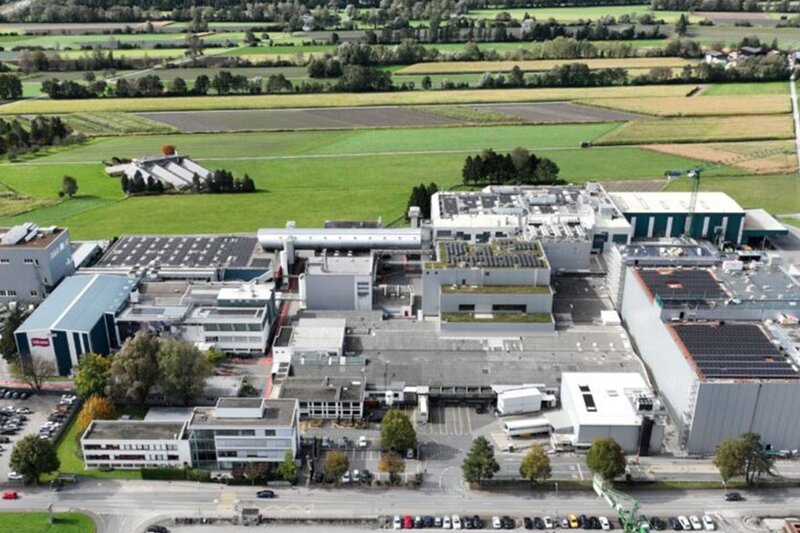
2011
Bell brings its Convenience business unit into the Hilcona Group and in return acquires a 49 percent stake in Hilcona.
In 2017, Bell also acquires the minority stake in Hilcona from the Toni Hilti family trust.
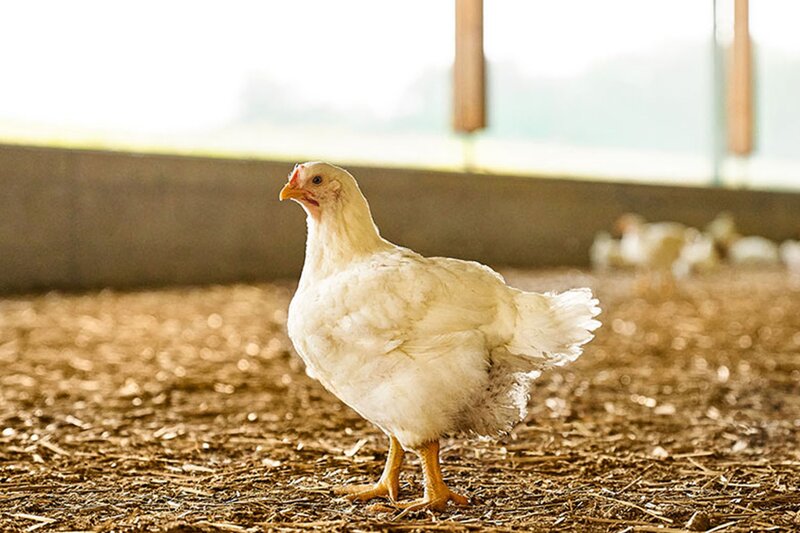
2015
Hubers introduces winter garden housing: From now on, all chicken houses will have a winter garden. bell takes over the Huber Group's poultry meat production in Austria and Germany in 2016.
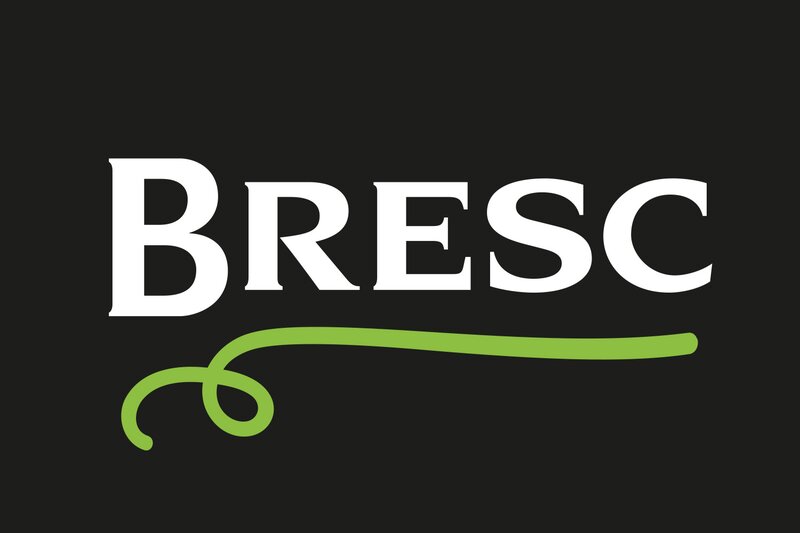
2016
Hügli acquires Bresc in the Netherlands, a company specializing in chilled fresh herb and garlic products for the food service sector.
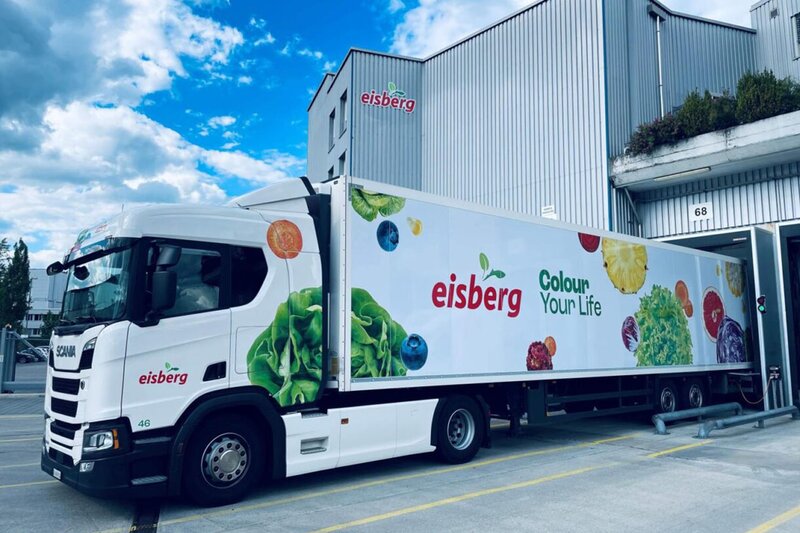
2016
Bell takes over the Eisberg group of companies, which specializes in convenience salads and is the market leader in this segment in Central and Eastern Europe, and merges it with Gastro Star to form the new Eisberg division.
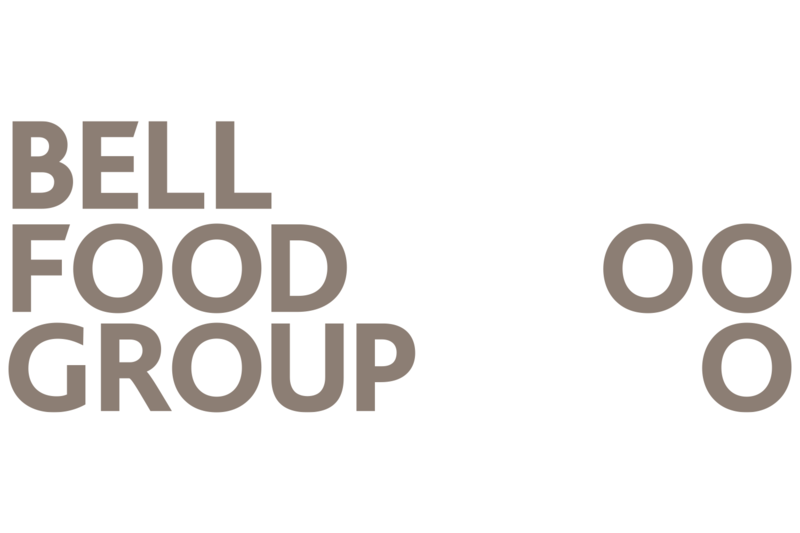
2017
All group activities of Bell Ltd will be combined under the umbrella of the Bell Food Group.
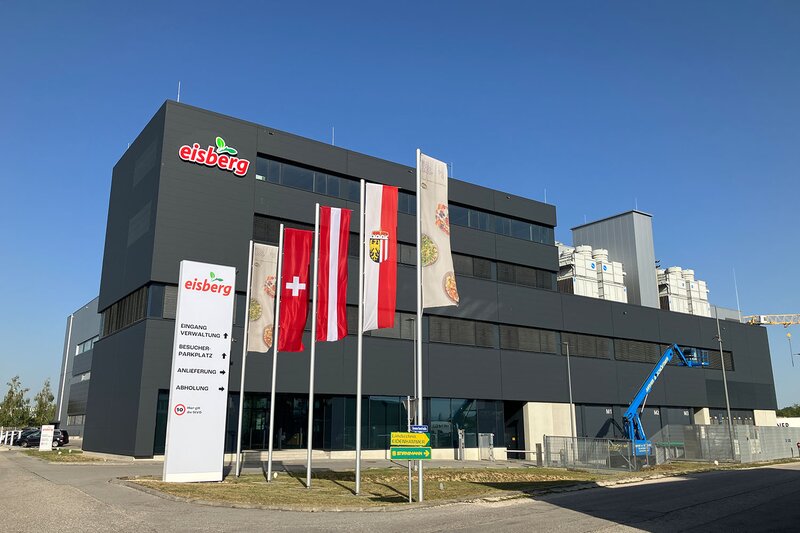
2018
The new Eisberg building in Marchtrenk will go into operation at the end of 2018.
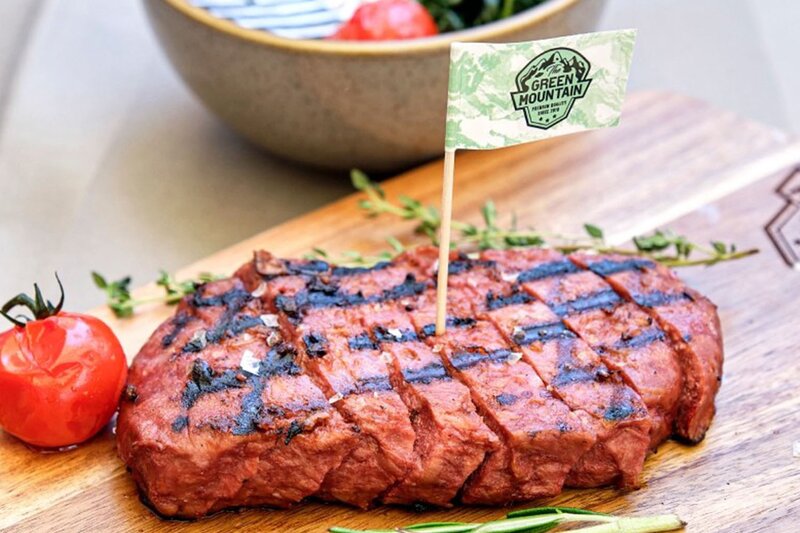
2019
Hilcona founds the internal start-up for vegetarian and vegan meat substitutes The Green Mountain.
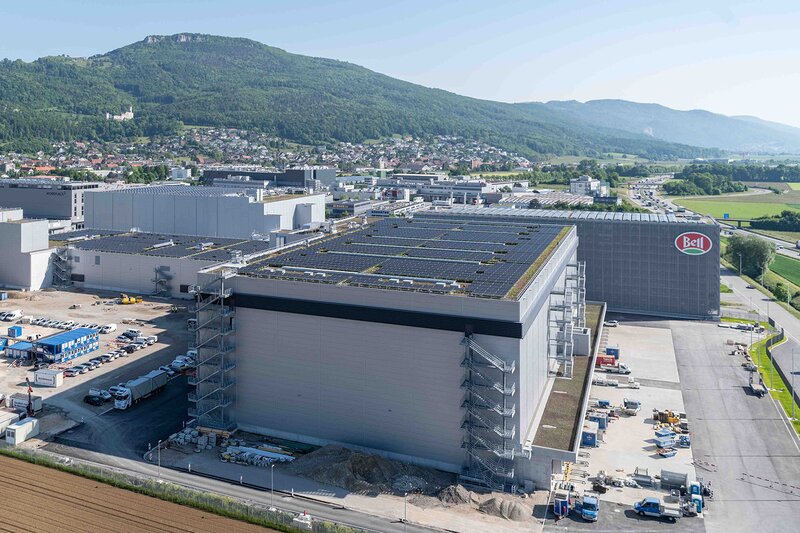
2019
With the Opera investment project, Bell is investing around CHF 680 million in the Basel and Oensingen sites. A new parking garage will be completed at the Basel site in 2019. in 2020, Bell Switzerland will begin the construction of three pioneering new building projects at the Oensingen site. A deep-freeze center (opening: 2024), a logistics center (2026) and a slicer center (2026) will be built on the Südringstrasse site. Bell is thus investing in more efficient and sustainable production and preparing itself for national and international competition.
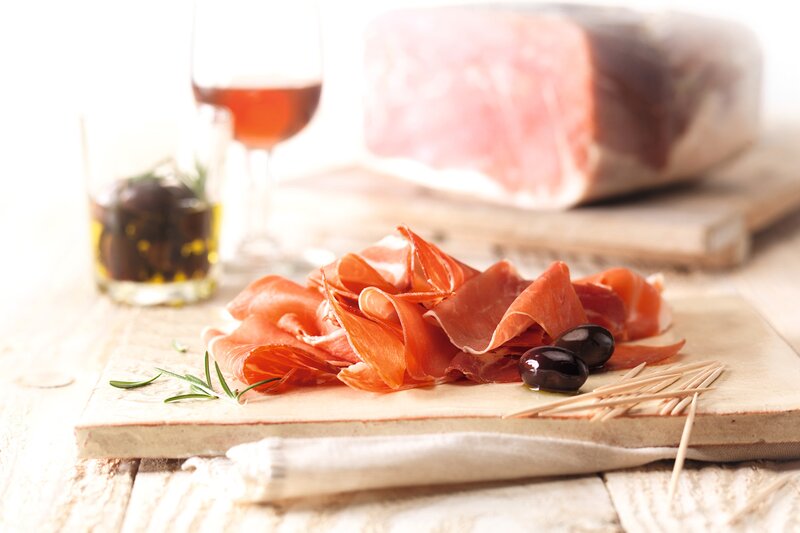
2019
Bell International opened a new production plant for Serrano ham in Fuensalida near Madrid in 2019. With the existing plants in Casarrubios del Monte and Azuaga, Bell has a modern and efficient production infrastructure for Spanish ham (Ibérico, Serrano) and Spanish raw sausage (Chorizo, Salchichón, Lomo). The products are marketed under the national brand "Sanchez Alcaraz" and other brands of the Bell Food Group.
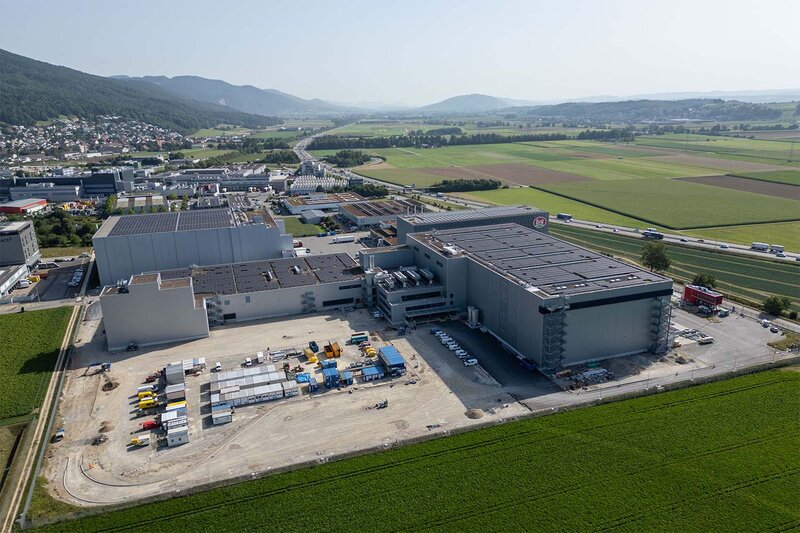
2024
The new deep-freeze warehouse is put into full operation. The new building will also create additional deep-freeze capacity and new picking solutions. The new warehouse will save around 50 percent of energy and personnel costs.
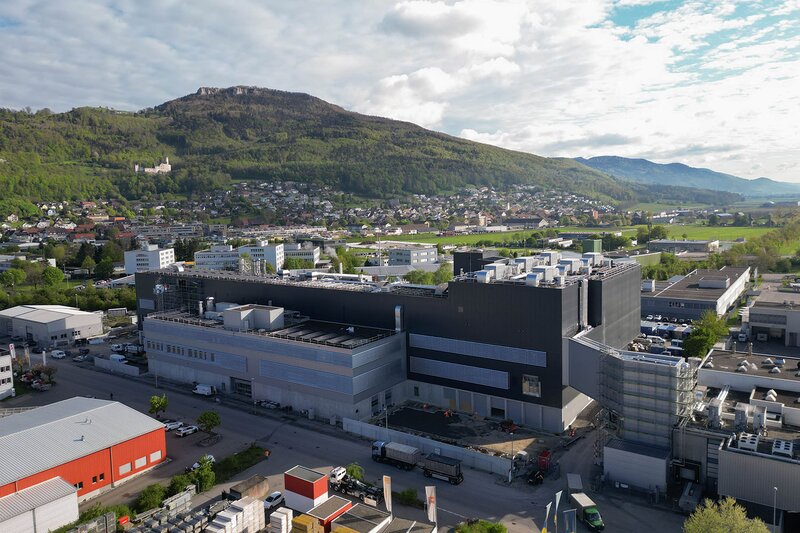
2025
Bell Switzerland's new cattle slaughterhouse in Oensingen (CH) brings significant advances in the areas of animal welfare, hygiene, ergonomics, energy efficiency and productivity. During the design phase, great importance was attached to animal-friendly drives, a lighting concept, floor conditions and noise reduction. Commissioning will start in summer 2025.
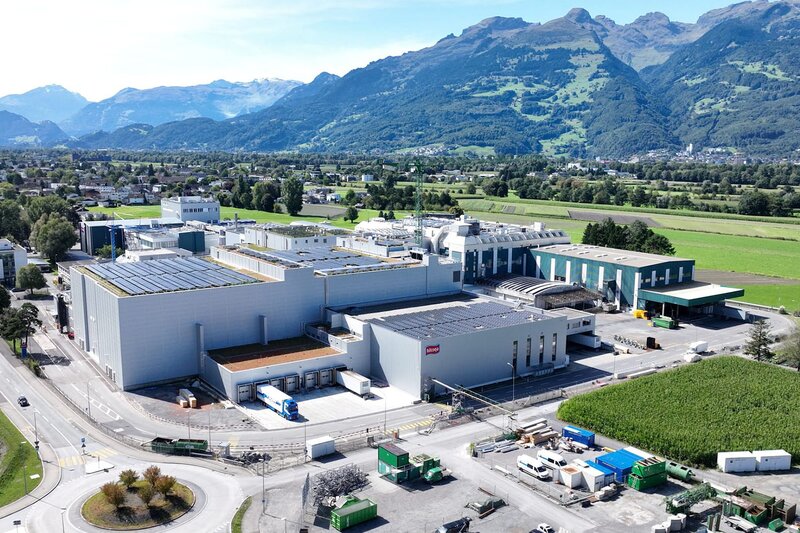
2025
In Schaan, Hilcona successfully completes the second phase of the comprehensive plant development project: the new fully automated high-bay warehouse with over 17,000 pallet spaces, three temperature zones and digital control is a milestone for internal logistics and a quantum leap in terms of efficiency and safety.
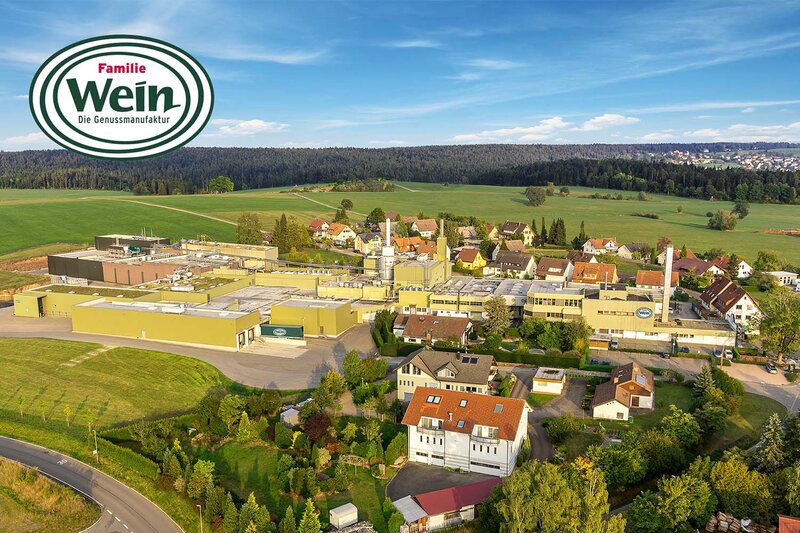
2026
The Bell Food Group is acquiring the production facility of Hermann Wein GmbH & Co. KG in Freudenstadt (DE). This acquisition strengthens Bell's position in the European cured ham market and perfectly complements Bell Germany's existing activities. The business activities and production operations of Hermann Wein GmbH & Co. KG will be integrated into the Bell Germany organisation, which belongs to the business area Bell International.